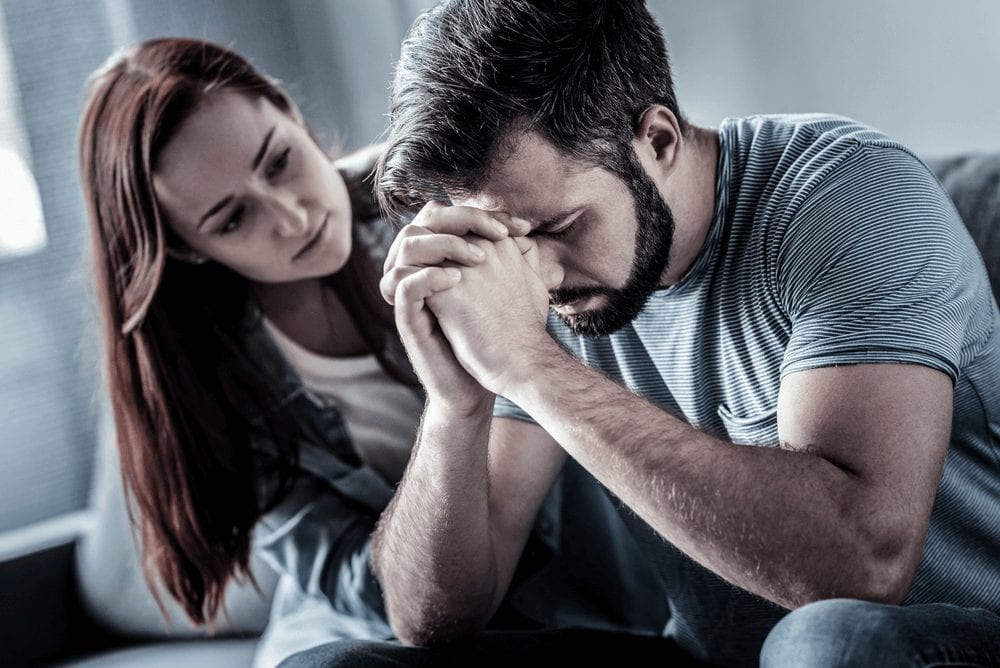Understanding Male Depression
Do you feel isolated, withdrawn, or irritable? So you find yourself doing something all the time or drinking too much alcohol? These unhealthy coping mechanisms may be clues that a person is experiencing symptoms of male depression.
This mental illness can affect both genders differently. When it happens in men, the illness might be masked by unhealthy behaviors. For many reasons, male depression usually goes undiagnosed and can have dire consequences when it goes unnoticed or ignored. But this illness usually gets better with the right treatment.
To find out more about mental health, visit this site for more information.
Signs and symptoms of male depression
Signs and symptoms can differ in men and women. Men tend to use contrasting coping skills – both unhealthy and healthy – compared to how women do. It is not clear why both genders may experience this mental health problem differently. Usually, it involves various factors like life experiences, hormones, and brain chemistry. Like women with this type of mental health problem, men with this illness may:
Not get pleasure from certain activities people usually enjoy
Difficulty in sleeping or sleeping too much
Feel extremely tired
Feel empty, hopeless, or sad
Other behaviors that could be signs of male depression – but not recognized by experts as such – include:
Risky behavior like reckless driving
Inappropriate anger or irritability
Abusive, violent, or controlling behavior
Problems with drug or alcohol use
Physical symptoms like pain, digestive problems, and headaches
Escapist behavior like spending too much time on sports or work
Since these behaviors could be a sign or overlap with other mental health problems or may be connected with medical conditions, treatment experts’ help is the key to appropriate treatment and accurate diagnosis.
Male depression goes unnoticed and undiagnosed
Men with this kind of mental illness usually are not diagnosed because of some reasons, including:
Failure to identify depression – People may think that feeling emotional or sad has been always the main sign and symptom of depression. But for most men, that is not the primary manifestation. For instance, long-term pain, irritability, tiredness, digestive problems, or headaches can sometimes indicate this illness. Same with seeking distractions or feeling isolated to avoid dealing with relationships or feelings.
Downplaying symptoms – Individuals may not recognize how much the symptoms affect them, or people might not want to admit to themselves or anyone that they are depressed. But suppressing, masking, or ignoring this mental health problem with unhealthy behavior will only worsen negative emotions.
Check out https://www.psychiatry.org/patients-families/depression/what-is-depression for more info about depression.
Reluctance to discuss symptoms – Individuals may not be open to talking about their feelings with friends or family members, let alone with a physician or mental health professional. Like most men, patients might have learned to highlight self-control. Patients might think it is not manly to express emotions and feelings associated with this illness, and they might try to suppress them.
Resisting treatment – Even if people suspect they have this illness, they can avoid professional diagnosis or refuse the right treatment. Patients might avoid getting help since they are worried that the stigma of being depressed could damage their career or cause friends and family members to lose respect for them.
Suicide and male depression
According to recent studies, women attempt more often compared to men, but men are more likely to complete the deed. That is because male:
Use ways that are more likely to complete the deed, like guns
May act hastily when it comes to suicidal thoughts
Show fewer alarm signals like talking about taking their lives
Get help
Asking people for help can be hard for male patients. But without the proper treatment or self-growth, this illness is unlikely to go away, and there is a big chance it may get worse. Untreated or unnoticed mental health problems can make individuals and the people close to them miserable.
It can cause issues in every aspect of their life like their career, personal safety, relationships, and most importantly, their health. Even if it is serious, these things usually improve with psychological counseling or medications, or both. If a person thinks they are depressed, the best thing to do is talk to a physician or mental health professional. It is a sign of strength to ask people for advice or look for help as soon as possible.







